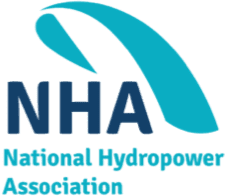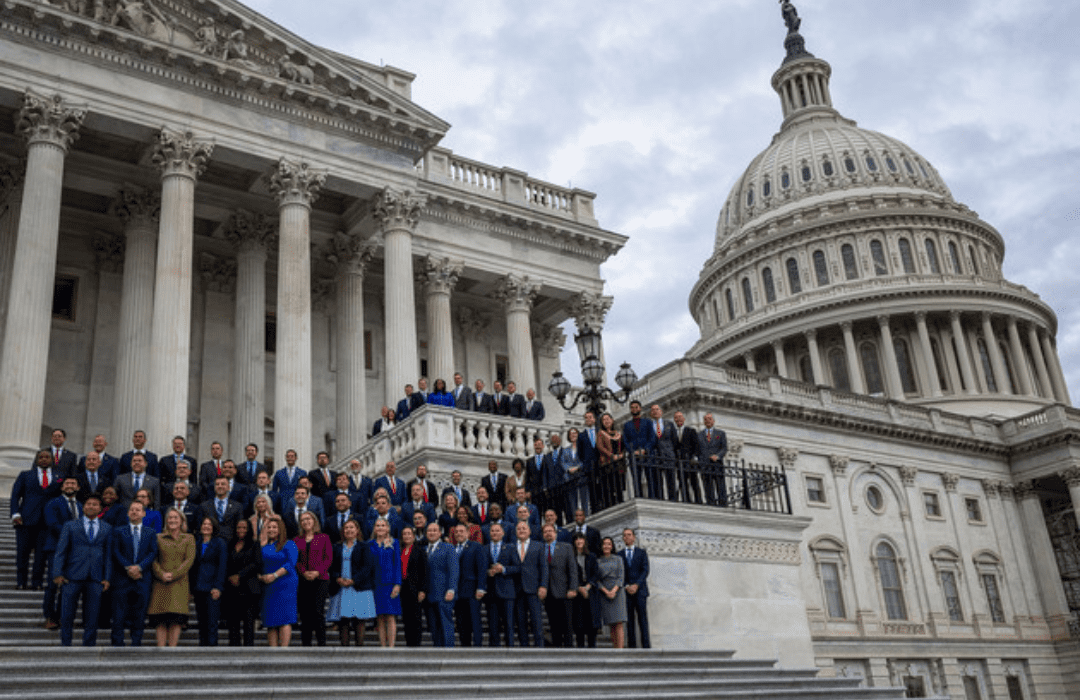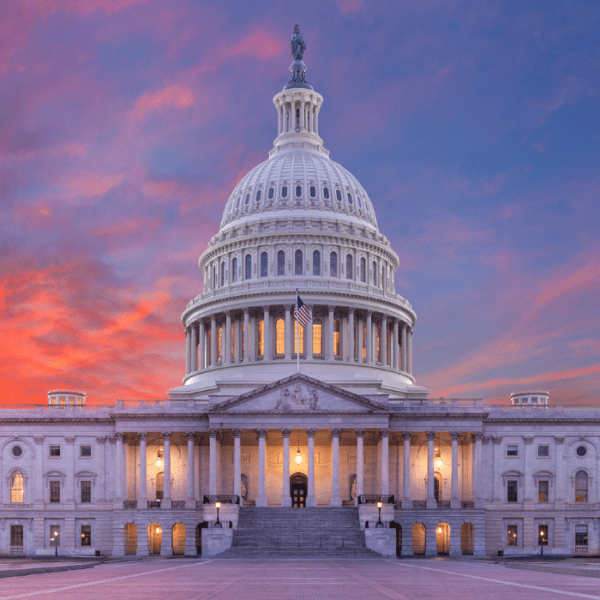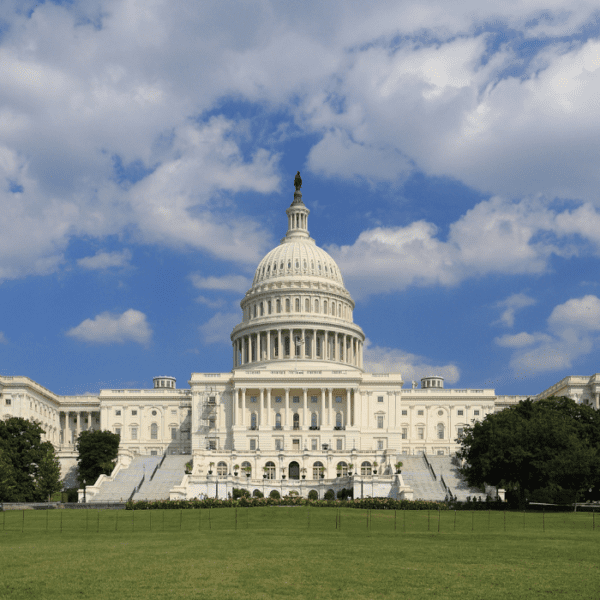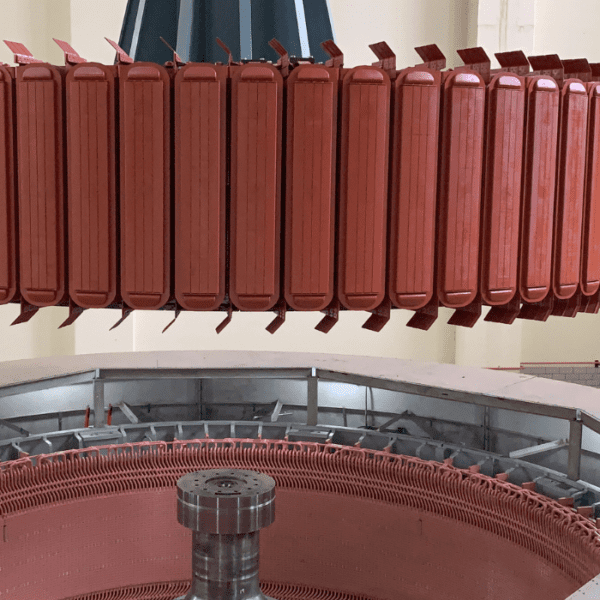On Thursday, November 17th, the National Hydropower Association’s (NHA) Director of Government Affairs, Will Pisano, hosted an NHA member-exclusive panel to cover the latest updates in Congress following the 2022 midterm elections.
The panelists, which consisted of Samantha McDonald, partner at Kanner & Associates, and Jason Gleason, executive vice president at Crossroads Strategy Group, offered their expert insight into the effects of the Republican majority winning the House of Representatives.
The panelists covered four major topics:
- What to expect in the lame duck session of Congress, which lasts until the end of the year
- What the narrow Republican majority in the House of Representatives could mean for legislating in the 118th Congress
- Potential political dynamics that could impact the waterpower industry in the new Congress
- Areas of possible oversight over the next two years
While there are a number of unknown factors that could dictate how the aforementioned topics unfold, the waterpower industry will benefit by understanding the dynamics, agendas, and political figures instrumental in shaping the goals of the 118th Congress over the next two years.

New members of the 118th Congress pose for a photo outside the U.S. Capitol.
WHAT TO EXPECT IN THE LAME DUCK SESSION OF CONGRESS
While the midterm elections took place on November 8th, the newly elected Senators and Representatives will not be sworn in until January 2, 2023, which is the scheduled start of the 118th Congress, meaning lawmakers will still have a month to complete important legislative business.
The period between the election and the start of a new Congress is colloquially known as the “lame duck,” yet the final stretch of 2022 has a packed agenda ripe with opportunity. During the webinar, the panelists outlined that Congress still needs to pass two major pieces of legislation: the National Defense Authorization Act (NDAA) and an end of year appropriations bill (EOY) to fund the federal government.
Congress may also consider permitting reform before the end of the year. Bipartisan opposition to permitting reform back in September – the legislation on which Senator Joe Manchin’s (D – WV) critical vote for the Inflation Reduction Act (IRA) was contingent – made it difficult to streamline the statutory framework that applies to energy infrastructure, including hydropower projects.
Both President Biden and Senator Manchin have indicated they want to attach a permitting reform proposal to the National Defense Authorization Act, but the panelists were skeptical Congress could reach an agreement on this type of major policy. Regarding an end of year appropriations bill, the panelists expected Congress to pass the legislation before the end of the Congress. Pisano noted that NHA is working with Senator Maria Cantwell (D – WA) and Senator Lisa Murkowski (R – AK) to include a tax credit for existing hydropower in this end of year spending bill.

Senate Energy and Natural Resources Chair Joe Manchin (D-W.Va.) discussing permitting reform legislation.
WHAT THE NARROW REPUBLICAN MAJORITY IN THE HOUSE COULD MEAN FOR LEGISLATING IN THE 118th CONGRESS
Democrats have maintained a majority in the Senate, but now that Republicans have secured a razor-thin majority in the House of Representatives, the government is headed towards a divided Congress. Current Minority Leader Kevin McCarthy (R – CA) is the presumptive favorite to lead the House in the role of Speaker of the House. The Republicans in the chamber have yet to unify behind Leader McCarthy’s bid for the Speaker’s Office, with members of the Freedom Caucus, an outspoken, conservative wing of the party, casting doubt on whether Representative McCarthy should hold the position.
Many lawmakers in the Freedom Caucus are openly critical of Representative McCarthy and voted against his bid for party leadership in the preliminary conference election earlier this month, raising questions about Representative McCarthy’s ability to maintain coherence within his Conference. As of November 23, 2022, five Freedom Caucus members stated they planned to oppose Representative McCarthy’s bid for Speaker. If these five members ultimately oppose his candidacy for Speaker, it will make winning the Speakership very difficult.

House Minority Leader Kevin McCarthy (R – CA) appears on stage during a presser.
POTENTIAL DYNAMICS THAT COULD IMPACT THE WATERPOWER INDUSTRY IN THE NEW CONGRESS
With the Republican party taking control of the House, leadership of House Committees will switch from Democrats to Republicans. Not only will the leaders change, but the committees will shed Democratic staffers and replace them with Republicans.
The current Ranking member and long-time champion of hydropower, Representative Cathy McMorris Rogers (R – WA) is expected to become the next chair of the House Energy and Commerce Committee. Along with Representative Dan Newhouse (R – WA), who was re-elected and serves as the chair of the Congressional Western Caucus, Representative McMorris Rogers has been one of the most outspoken defenders of the Lower Snake River Dams (LSRD). NHA is hopeful that a Republican House, with hydropower champions in key committee positions, will prevent any Lower Snake River Dams breaching efforts from moving forward over the next two years.
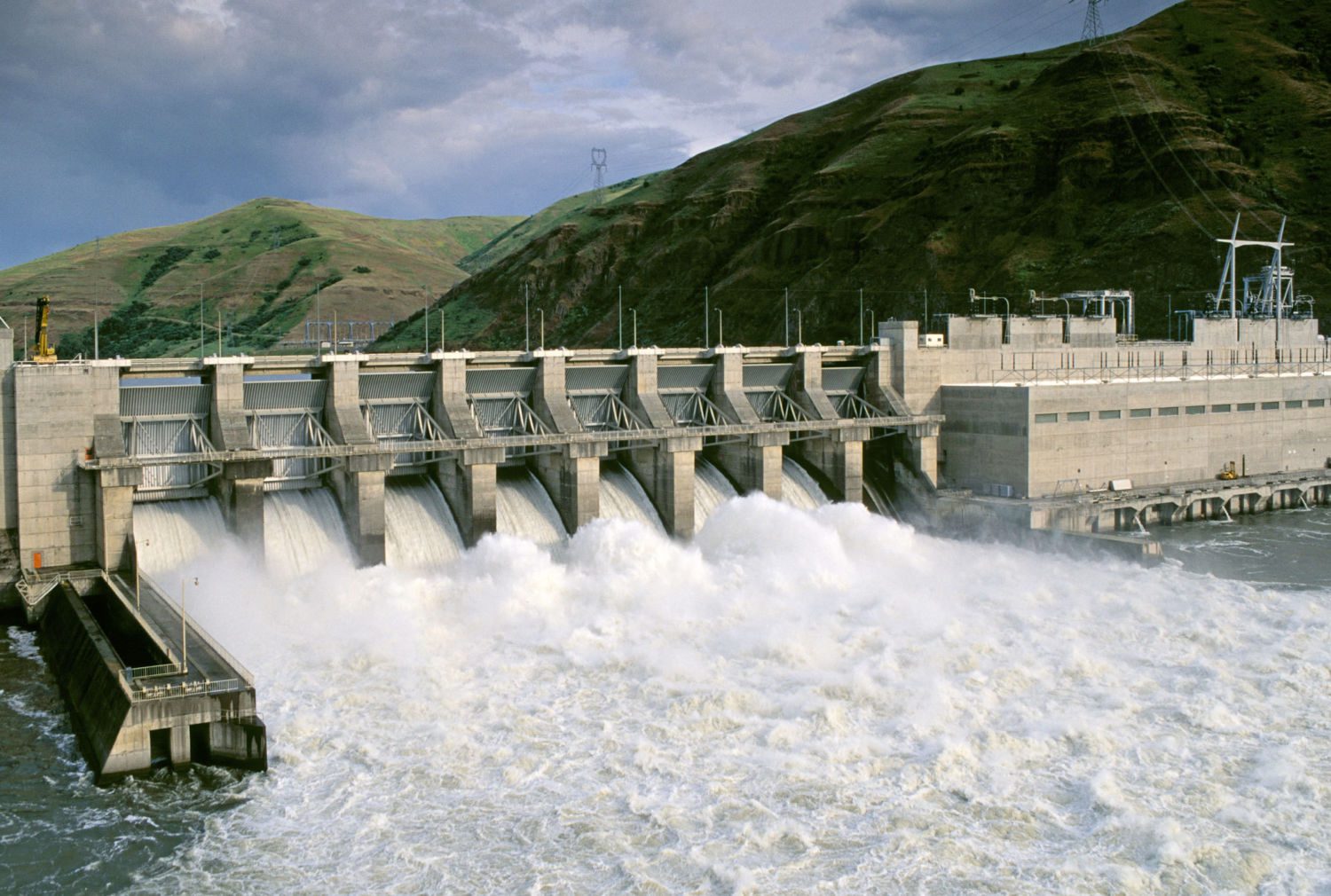
The Lower Granite Dam on the lower Snake River in southeastern Washington.
AREAS OF POTENTIAL OVERSIGHT OVER THE NEXT TWO YEARS
With the passing of two of the most monumental clean energy bills – the Infrastructure Investment and Jobs Act and the Inflation Reduction Act – in American history, which both passed within the past year, the 117th Congress will go down as one of the most consequential Congresses in recent history.
While the branches of government under the control of Democrats, including the White House and the Senate, will be primarily concerned with successful implementation of this legislation, Republicans will be focused on oversight. The House of Representatives will be closely watching for waste and abuse of power.
Critically, the NHA hosted panel emphasized the importance of reaching out to lawmakers, both during the active lame-duck period and in the new year. With so many changes in Congress, relationships that build strong foundations now have the potential to have a great impact on lawmaking in the future.
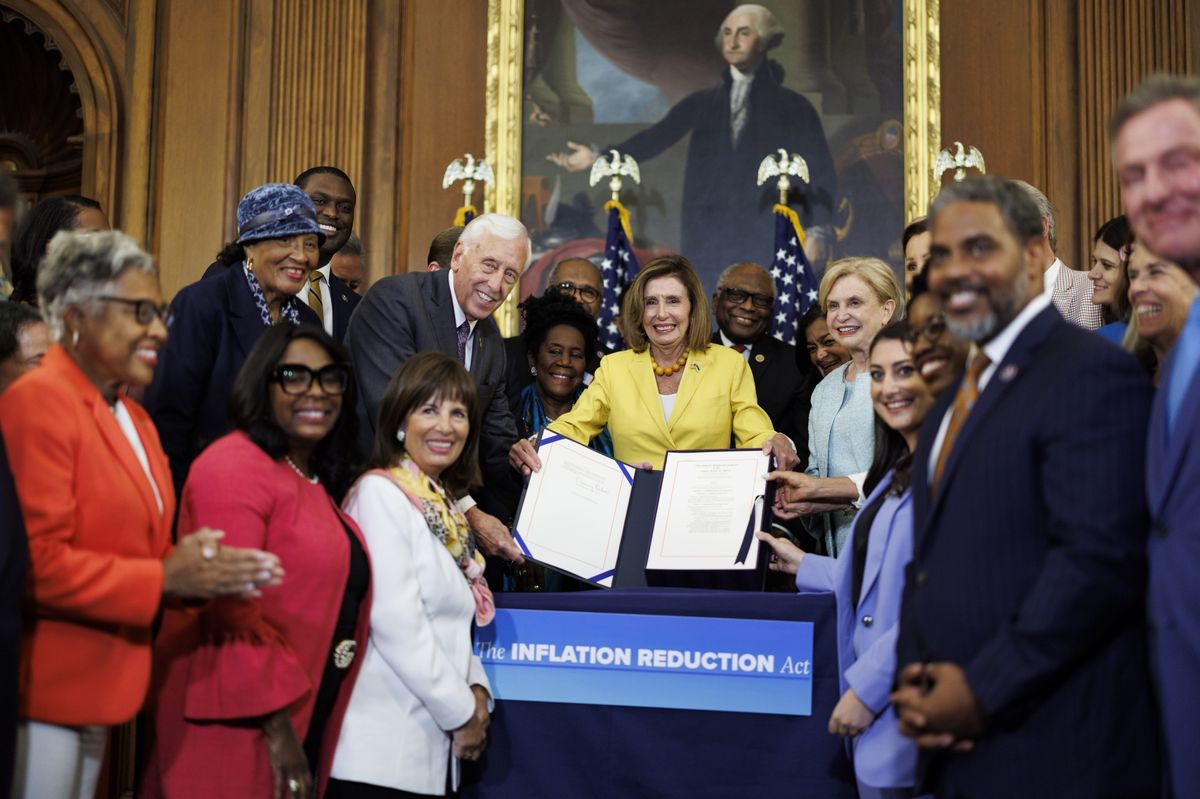
Members of the 117th Congress pose with the signed Inflation Reduction Act.
WHAT COMES NEXT
The National Hydropower Association will continue to monitor and report on governmental updates affecting the waterpower industry, so stay tuned to POWERHOUSE for the latest news.

